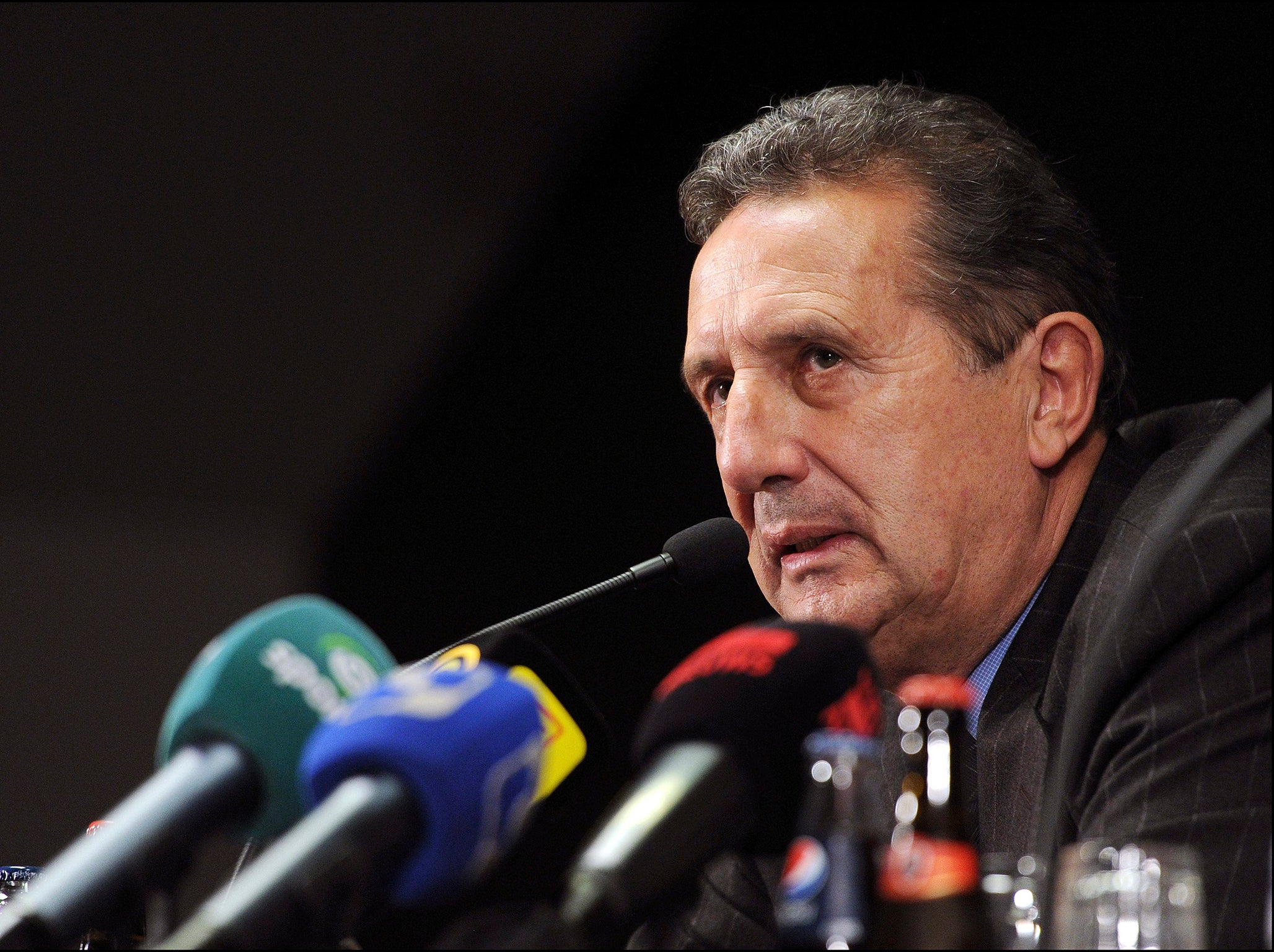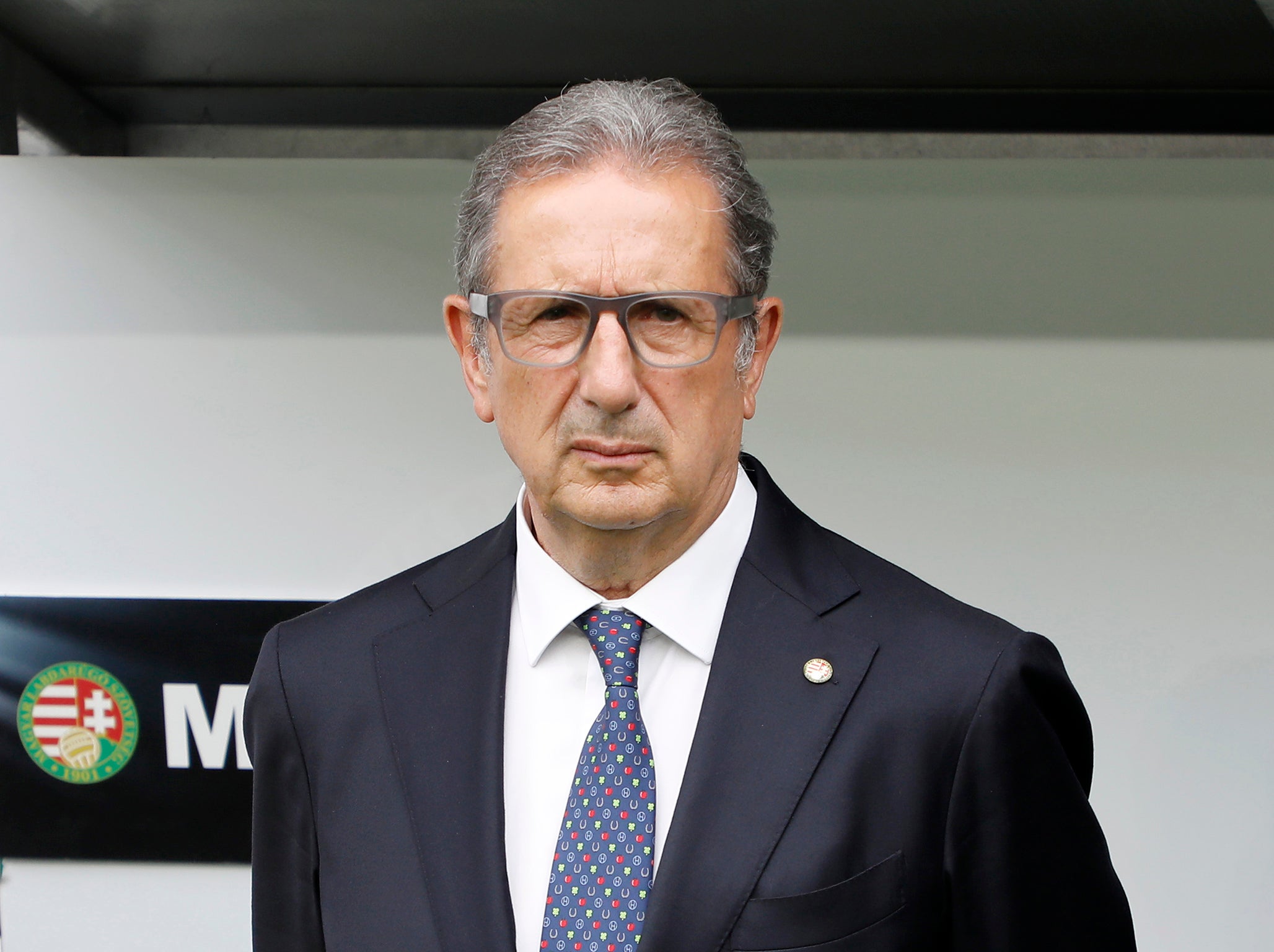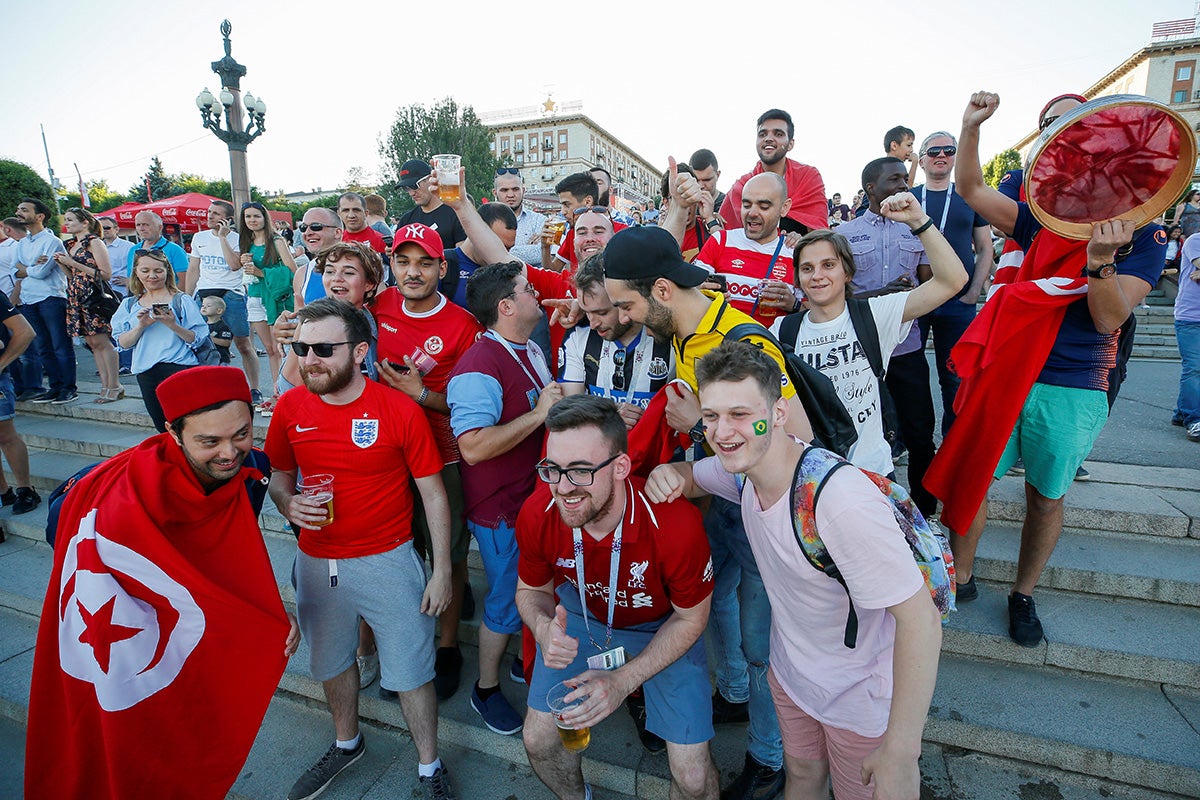Tunisia vs England, World Cup 2018: Georges Leekens on rebuilding after terror attacks that rocked the country
Football has long been viewed as an integral part of the Tunisian psyche but since the attacks it has assumed even greater importance

There will be points up for grabs and poignancy in the air when England’s players run-out for their World Cup opener against Tunisia at the Volgograd Arena on 18 June.
The two countries have a shared history in recent years, with the terrorist attack on a beach in Sousse in the summer of 2015 leaving both nations indelibly scarred.
A gradual trickle of British tourists began returning to the country in 2018 but the damage wrought on terrified holiday-makers under clear blue North African skies three years ago extends far beyond any financial cost to the Tunisian economy.
Football has long been viewed as an integral part of the Tunisian psyche but since the attacks – the third anniversary of which will be marked just eight days after the two teams meet – it has assumed even greater importance.
Qualification for the World Cup and Tunisia’s first appearance at the tournament in 12 years, was greeted with an outpouring of patriotic pride in a nation that hasn’t won a World Cup match since 1978, when they beat Mexico 3-1 in Rosario, Argentina.
Tunisia secured their berth to Russia with a goalless draw against Libya at the Stade Olympique de Rades back in November.
By which time, Georges Leekens, the country’s former Belgian manager, was concerning himself with resurrecting the ailing fortunes of the Hungarian national team.
Leekens left his post in Tunis just days after the terror attack in Sousse, which followed another atrocity at the Bardo Museum at his base in Tunis three months before.
He tells Independent Sport that had he known what was to follow on mainland Europe, he would have stayed and, potentially, been sat in the dugout for the crucial Group G clash just over a week from now.
“I was in Tunisia when both attacks took place,” he says.
“I got a message that it was better to leave because I was a foreigner. The public liked me very much but at that moment I didn’t know what was going to happen afterwards. At the time, I didn’t know that Belgium, London, Spain and France would soon be as dangerous as Tunisia.
“I would get calls from people in Tunisia saying that I was less safe in Belgium that I would have been there. I took a decision. Maybe it wasn’t the right one.”

Tunisia has clearly had other things rather than football on its mind since those deadly attacks.
This month, though, their minds will be focused on one thing and one thing only.
“Football is resting, eating, living, drinking, everything,” says Leekens. “Apart from religion, football is the most important thing in the life of the everyday Tunisian.”
In the past Tunisia have struggled on the global stage. A victory over Mexico and a draw against West Germany in 1978 promised much but three points in nine matches at three different World Cups is the sum total of their efforts since.

The last time they met England, they were summarily dispatched 2-0, thanks to goals by Alan Shearer and Paul Scholes on a baking hot Marsielle day.
More of the same would suit Gareth Southgate’s men nicely against a side who have been eating dates during their pre-World Cup friendly matches to break their Ramadan fast at sunset.
Leekens, though, warns that the current Tunisia side could be a tougher nut to crack
“When I started, the problem for me was that they were too individual - now there’s a real discipline on the pitch,” he says.

“They now know that the team comes before some little technical skills.
“They are a very collective team, very well organised and defensively strong. Technique-wise they’re good players but they’re a team without stars.
“They had quite an easy qualification and draw but the expectation levels at home will be huge, even before the tournament starts.
“The Tunisian people will feel like they’re already won the World Cup – I know how the feelings are in these countries.
“You never know, these teams can go over their limits and make surprises but to do it against England or Belgium? It’s going to be very difficult for them.
“Tunisia will give everything and they have a good mentality.
“They have pushed on mentally.
“Football is huge there as it is in Algeria – a team Leekens has managed on two occassions - and Egypt. Football is life in this part of the world - when Tunisia qualified for the African Nations Cup (in 2015) the people were on the streets, it was party time.”

There has been precious little to smile about for the country in the past three years. It would take a cold heart not to wish them well in Russia.
Join our commenting forum
Join thought-provoking conversations, follow other Independent readers and see their replies
0Comments